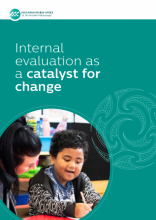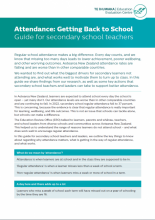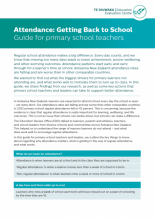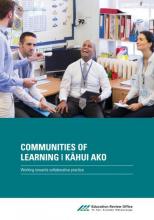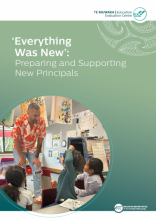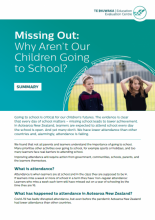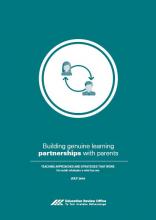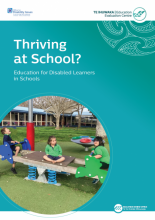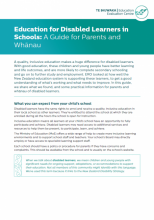Teaching Science
Critical to science education is the quality of teaching science in schools and early learning services. To support and improve science teaching in New Zealand, ERO has explored how schools and services can strengthen their science teaching and learning. This series of reports identifies where schools and services are doing well, and highlights how schools and services could increase the impact of their science teaching and learning.




